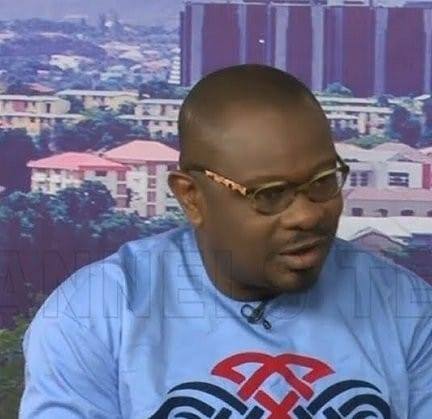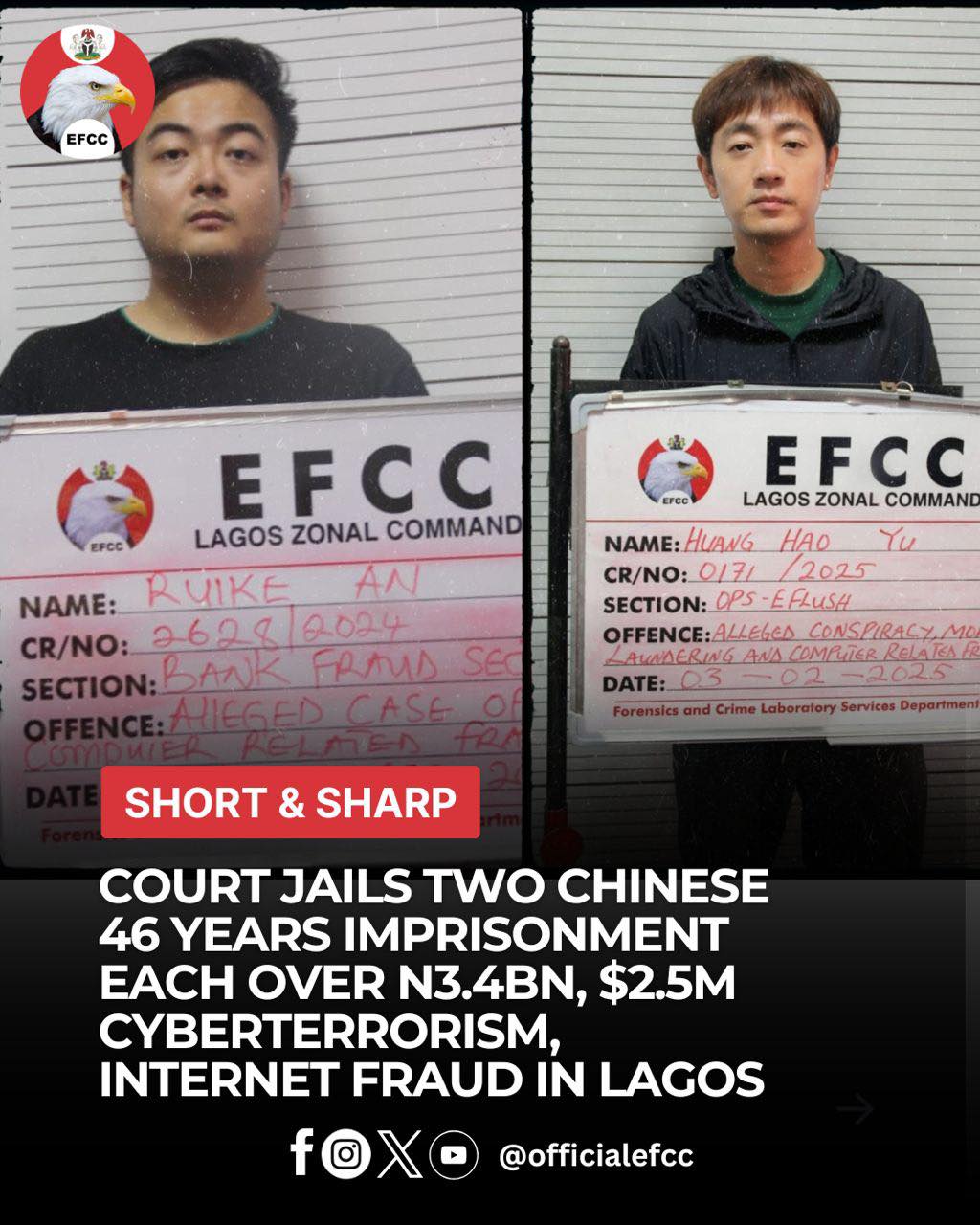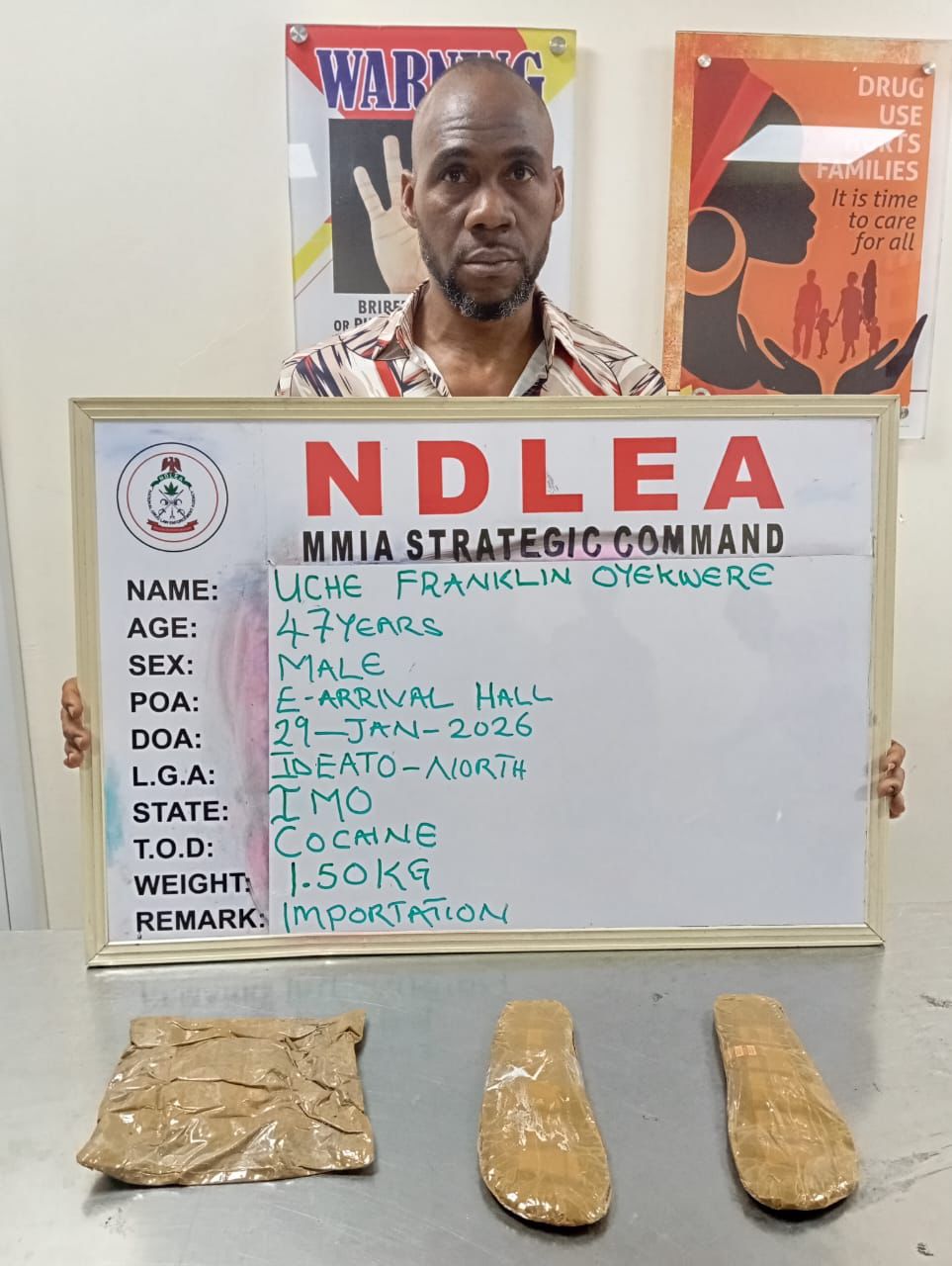Police Trust Fund Reforms: Between Hope, Legality, and the Lessons of the Past - Okey Nwanguma
By Okechukwu Nwanguma, Executive Director, RULAAC
•
Oct. 10, 2025, 12:05 p.m.

When the Council of State met recently under the chairmanship of President Bola Ahmed Tinubu, one of the major decisions reached was the approval of sweeping reforms to the Nigeria Police Trust Fund (NPTF) - including the repeal and re-enactment of its Establishment Act, the removal of the six-year sunset clause, and an increase in its statutory funding allocation from 0.5% to 1% of the Federation Account.
The Minister of Police Affairs, Ibrahim Gaidam, announced that these changes were intended to ensure sustainable funding and long-term planning for the Nigeria Police Force (NPF). On the surface, these reforms appear visionary: the police, chronically underfunded and poorly equipped, certainly need stable financial mechanisms to function effectively in a democratic society.
But beneath the optimism lie serious legal, governance, and accountability questions that must be answered if the reforms are to have real impact rather than simply deepen existing dysfunctions.
A History of Legal and Structural Defects
Since its establishment by an Act of the National Assembly in 2019, the Nigeria Police Trust Fund has been dogged by controversy - from constitutional disputes to allegations of opacity, mismanagement, and poor governance.
In 2022, the Federal High Court in Abuja, in Attorney General of Rivers State v. Attorney General of the Federation & Ors, declared unconstitutional the deduction of funds directly from the Federation Account to finance the NPTF. The court held that such deductions, as provided in Section 4(1)(a) and (b) of the Police Trust Fund Act, violated Section 162(3) of the 1999 Constitution, which limits disbursements from the Federation Account to the three tiers of government only - the Federal, State, and Local Governments.
Justice Ahmed Mohammed ruled unequivocally that no agency of the Federal Government, including the police, is entitled to receive funds directly from the Federation Account. The implication was clear: the funding model of the NPTF, as established, was unconstitutional.
Despite that judgment, deductions have continued, and the National Assembly has continued to appropriate funds for the NPTF based on the same contested provisions. The most recent example came in May 2025, when the Senate quietly approved ₦124.4 billion as the Fund’s 2024 budget - the highest in its history - without resolving the legal cloud surrounding its funding source.
This disregard for judicial authority reflects a deeper governance malaise. When institutions responsible for enforcing the law themselves operate outside it, reform loses meaning.
The Sunset Clause and Legal Uncertainty
Another critical issue is the Fund’s duration. Section 18(2) of the NPTF Act stipulates that the Fund “shall operate for a period of six years from the date of commencement of this Act,” which began in June 2019. This means that, by law, the Fund’s lifespan ends in June 2025 unless extended by an Act of the National Assembly.
As of today, there is no public record of such an extension. Yet the Fund continues to operate, collect revenue, and disburse funds - actions that may be legally questionable once the initial term expires.
The Council of State’s recommendation to remove the sunset clause and make the Fund permanent would address this uncertainty. However, this change must not be rushed through without first conducting a comprehensive performance audit and governance restructuring of the Fund.
We must ask: what has the Police Trust Fund achieved in six years of operation? Has it improved police welfare, training, infrastructure, or accountability? And has it delivered value for the vast sums appropriated to it?
The evidence so far is not encouraging. Reports of continued poor living conditions in police barracks, inadequate logistics, and recurring incidents of extortion and brutality suggest that the Fund’s impact has been marginal at best.
Governance Without Transparency
The design of the NPTF has always been flawed. The Fund is dominated by the same institution it is meant to support - the Nigeria Police Force - with limited independent or civil society oversight. This arrangement undermines transparency and breeds suspicion of mismanagement.
A trust fund, by definition, is supposed to be independently managed on behalf of beneficiaries, not by the beneficiaries themselves. The Lagos State Security Trust Fund offers a useful contrast - a model that successfully integrates public and private sector governance and transparent reporting.
By comparison, the NPTF has consistently failed to publish annual financial statements, audit reports, or detailed accounts of its expenditures. Its refusal to engage with civil society or respond to public scrutiny reflects a broader culture of impunity and opacity.
Before any new law is passed to make the Fund permanent, Nigerians deserve to know how the previous one was implemented.
Reform or Recycling Failure?
The Council of State’s decision to double the Fund’s allocation from 0.5% to 1% of the Federation Account - or 2%, as some reports have suggested - could significantly increase available resources. But without clear governance and accountability reforms, more money will not translate to better policing. It will simply amplify corruption and inefficiency.
The National Assembly must resist the temptation to rubber-stamp an Executive Bill that merely legalizes the status quo. The repeal and re-enactment process must be preceded by a performance audit, review of the Fund’s legal foundation, and inclusion of independent oversight mechanisms.
Civil society, the private sector, and professional bodies should be represented in the new Board of Trustees. Annual audits and reports should be mandatory and publicly accessible. Only a transparent and accountable trust fund can command public and corporate confidence.
The Bigger Picture: Sustainable Police Reform
The Trust Fund was conceived as a solution to chronic underfunding - but it cannot substitute for systemic police reform. Nigeria needs a holistic approach that integrates funding with professionalism, human rights compliance, and institutional accountability.
Sustainable reform means linking financial investment to performance benchmarks - in human rights training, internal discipline, community policing, and service delivery. Money alone cannot change the Nigeria Police; governance will.
In the final analysis, the Council of State’s decision to reform the Nigeria Police Trust Fund presents a rare opportunity to reset a failing institution. But that opportunity will be squandered if reform merely means more money for an unaccountable structure.
The National Assembly should seize this moment to legislate a transparent, accountable, and lawful Police Trust Fund that reflects both constitutional integrity and democratic values.
For a Fund established to promote law and order, nothing could be more ironic - or more damaging - than operating outside the law.
* Okechukwu Nwanguma is the Executive Director of the Rule of Law and Accountability Advocacy Centre (RULAAC).







